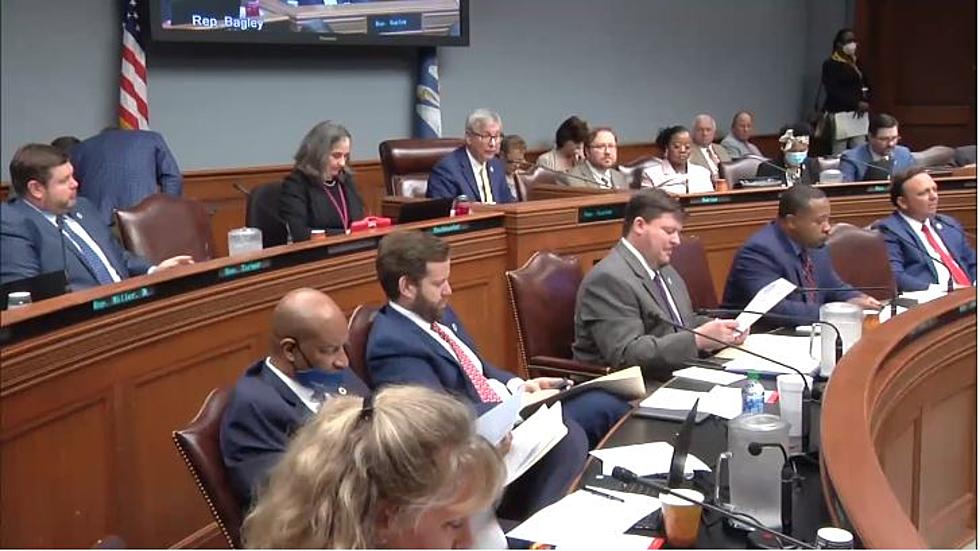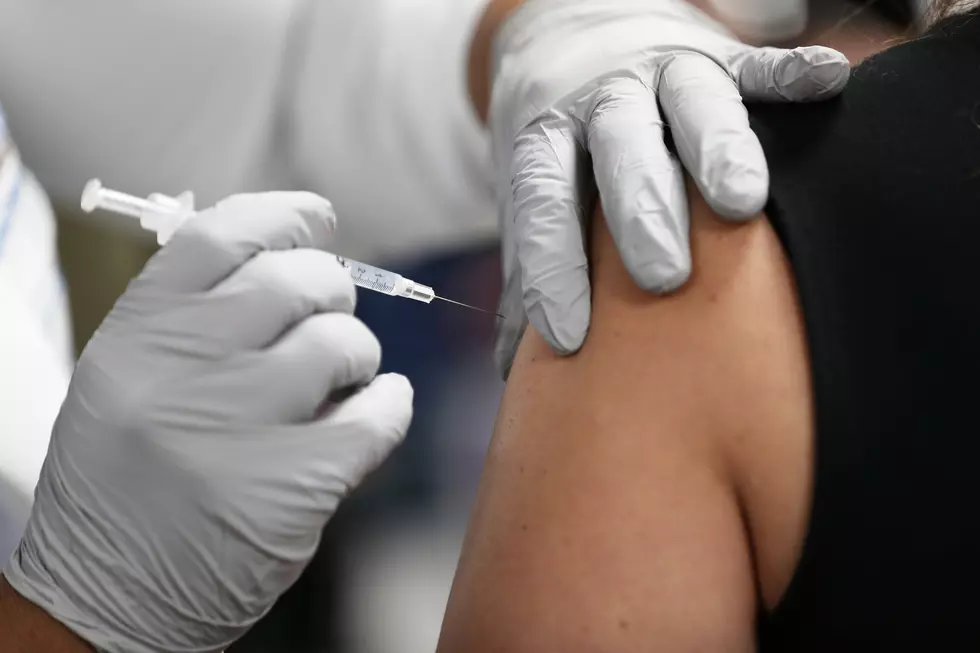
Pfizer’s COVID-19 Vaccine Could Get FDA Approval By Labor Day
Pfizer's coronavirus vaccine could soon be the first one in America to be fully approved by the Food and Drug Administration.
According to the New York Times, because of the delta variant, the FDA has accelerated its timetable to fully approve Pfizer-BioNTech's coronavirus vaccine, with an unofficial deadline of Labor Day or sooner.
The agency said in a statement that its leaders have recognized that approval might instill more public confidence and had "taken an all-hands-on-deck approach" to the work.
Just like the rollout of the emergency approval of each of the available vaccines, many will ask, "Is this too quick?"
“I don’t think it’s too fast,” said Dr. Dana Hawkinson, infection prevention medical director at the University of Kansas Health System. “I think what we have seen through the course of this pandemic with anything, whether you’re looking at Remdesivir, the monoclonal antibodies, the vaccines, is all of these steps have been done diligently and with thoughtfulness. The data has been analyzed, it has been collected, all the trials have gone on, it’s just been expediting in the way that they’ve done it.”
Millions of Americans have received Pfizer's version of the vaccine since the FDA approved its emergency use authorization (EUA) late last year. Moderna and Johnson and Johnson were also granted emergency authorization for their vaccines.
The FDA allowed the use of the coronavirus vaccines under the EUA even though they weren't fully approved because COVID-19 was considered a life-threatening emergency and there was no other alternative treatment available.
Since granting these emergency authorizations, the FDA has spent months evaluating the vaccines and looking at data from different studies and the vaccine companies. The administration takes all those findings into consideration before granting full approval to a drug.
Why is approval important? Until approval is granted, all three of the vaccines technically are considered experimental treatments. Many hospitals, universities, and other businesses have said they don't feel comfortable requiring employees to get vaccinated until the FDA grants approval. They also hope that approval will prevent legal ramifications that could arise with requiring workers to take an experimental vaccine.
Health experts say that many who are unvaccinated use the experimental status of the vaccines as a reason for not getting the shot. Once fully approved, experts are hoping it takes away the hesitancy from those people.
“I think that is a game-changing moment. It’ll be fully authorized. I think you’ll see a lot of businesses and other places say we’re going to require vaccination. I think that’s going to start happening sooner and sooner. And I think that’s probably in many ways, if we’re going to protect ourselves as a society against COVID-19, it’s going to be the right thing to do,” Dr. Steve Stites, chief medical officer at the University of Kansas Health System said.
Moderna filed for full FDA approval on June 1. However, the FDA said it needed the company to submit additional information before it would be considered for full approval.
Johnson and Johnson has not applied for full approval yet.
More From 97.3 The Dawg









